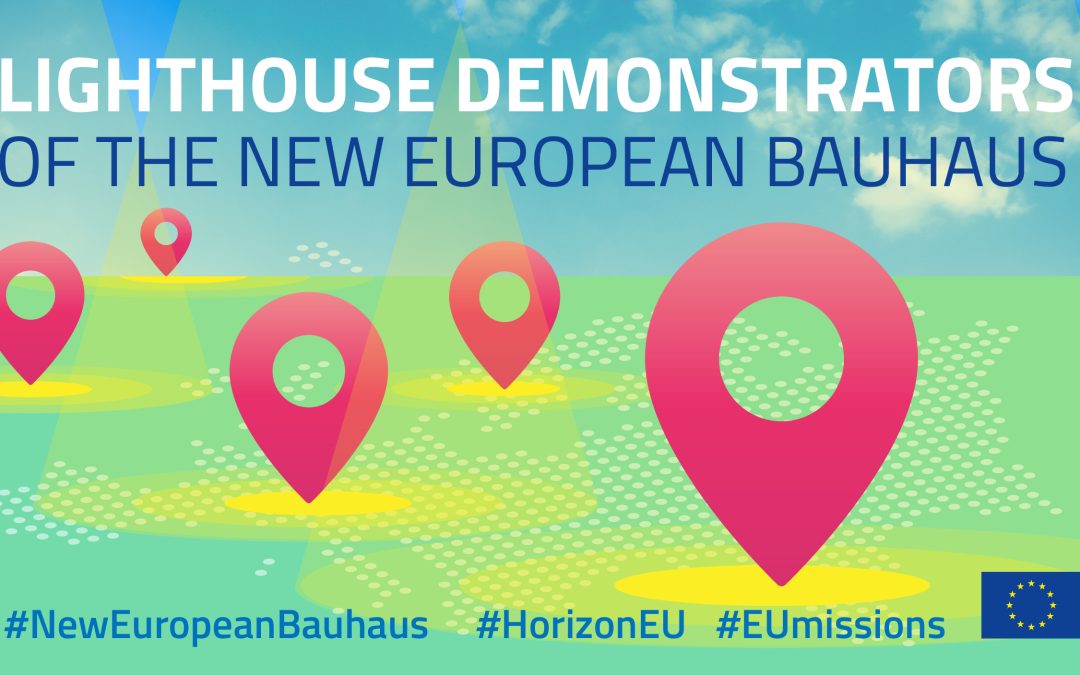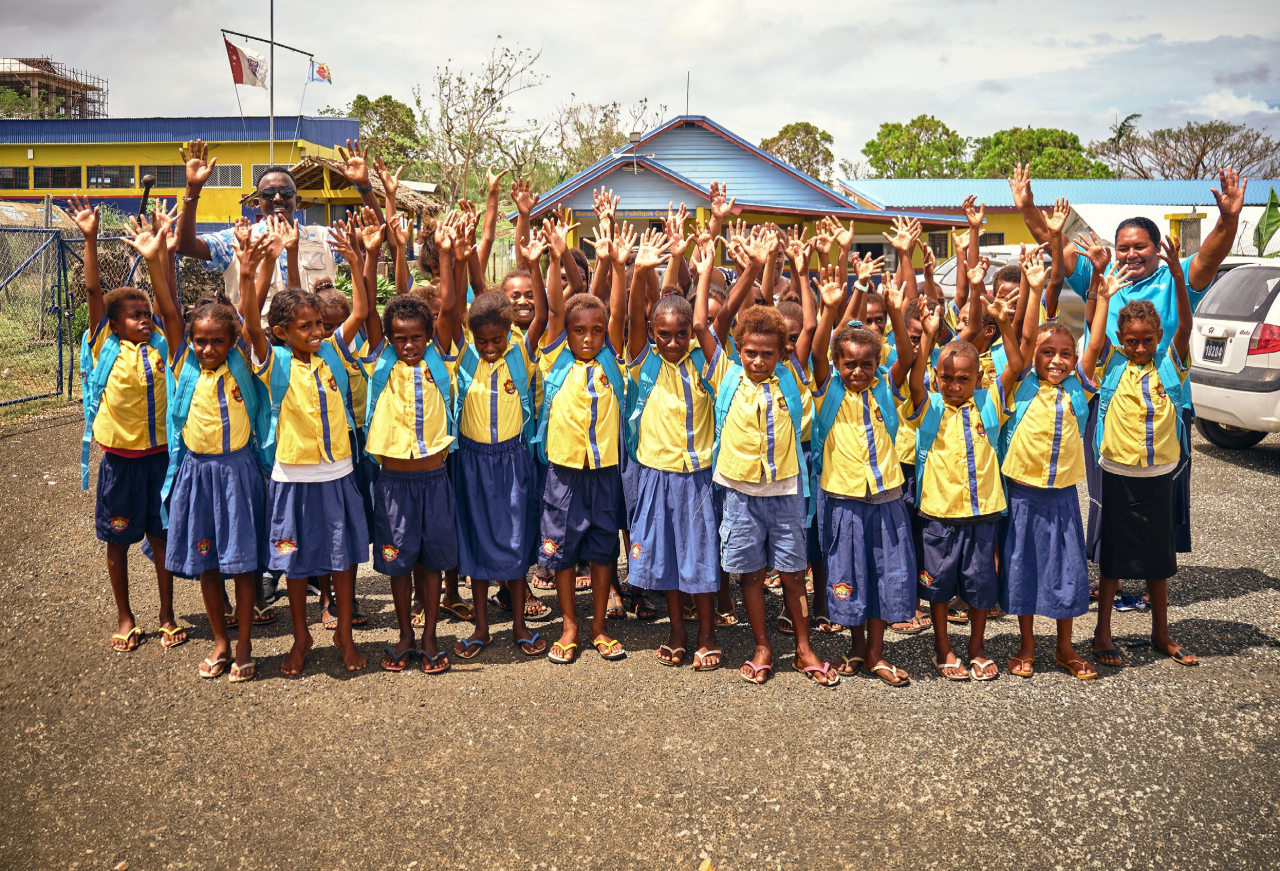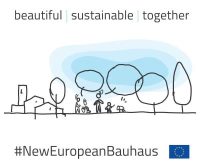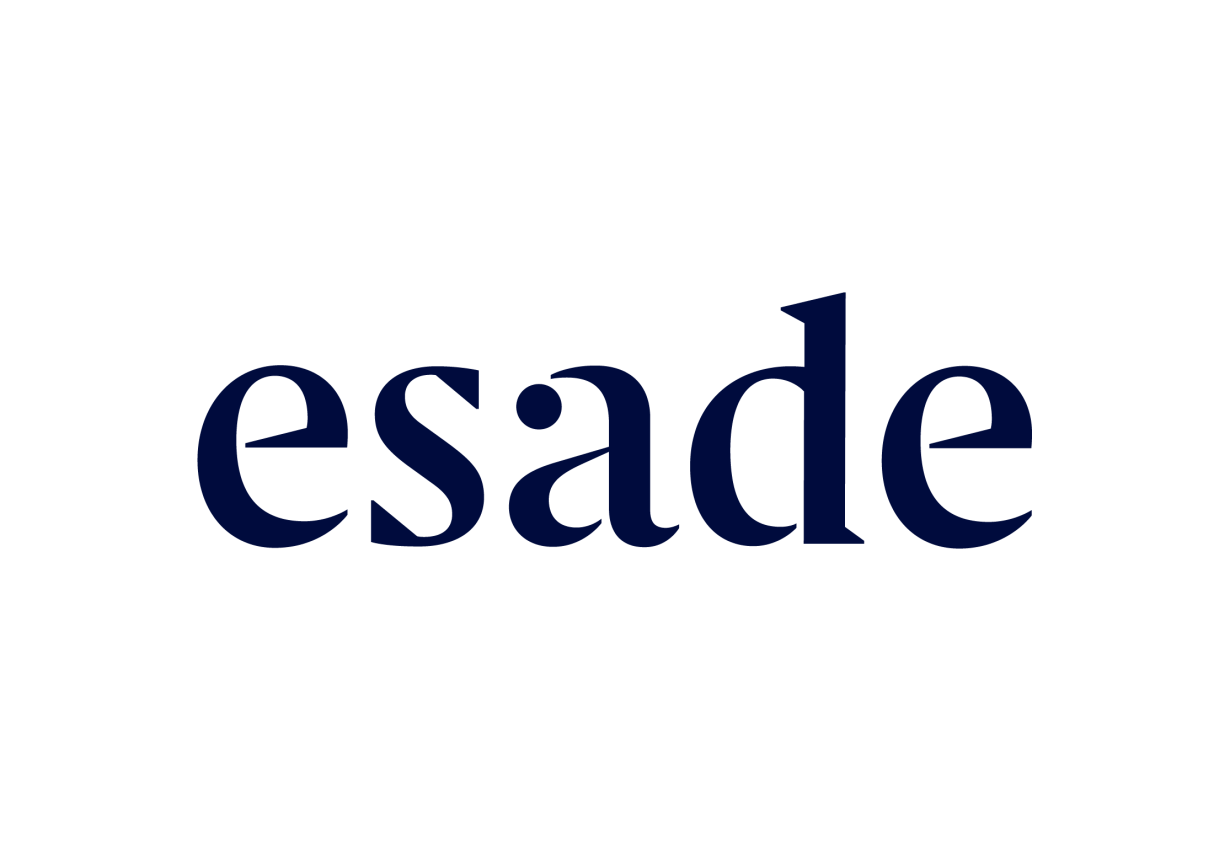Five projects have been selected by the European Commission for the development of ‘lighthouse demonstrators’ of the New European Bauhaus (NEB) to create more sustainable, inclusive, and beautiful spaces in locations across the EU and involve citizens in the green transition at the local level.
The projects will receive funding of approximately €5 million each to implement their plans in 11 Member States (Belgium, Czechia, Germany, Denmark, Greece, Croatia, Italy, Latvia, Netherlands, Slovenia, and Portugal), as well as in Norway and Turkey. They will deal with topics such as building renovation, circularity, arts, cultural heritage, education, smart cities, urban and rural regeneration and more. The projects are:
- CULTUURCAMPUS (Cultuurcampus: a sustainable hub of arts, research, learning and community as catalyst): through blending education, research, policy, and culture, and considering the lived experiences of its residents, Cultuurcampus aims to transform the disadvantaged urban area of Rotterdam South (NL). The Cultuurcampus will be in an historical building and will act as a hub for different groups and activities.
- NEB-STAR (New European Bauhaus STAvangeR): NEB-STAR will showcase how territorial transformation plans can incorporate the principles and values of the NEB in Stavanger (NO), Prague (CZ) and Utrecht (NL). The project will tackle four emblematic challenges linked to climate-neutral cities, all considering local needs and concerns through co-creation with residents and stakeholders.
- NEBhourhoods (NEBhourhoods): NEBhourhoods prepares Munich-Neuperlach (DE) for the future as mapped out by the European Green Deal when it comes to the built environment, circularity, mobility, energy, food, and health. The project will build on the area’s strengths – a strong sense of community, vast green areas, large-scale housing, even if in need of renovation – and address its weaknesses – higher than average unemployment and lower than average education levels.
- DESIRE (Designing the Irresistible Circular Society): the project wants to tackle the major challenges faced by societies and cities: climate change, biodiversity loss and resource challenges. Based on three main themes of inclusivity, circularity and reconciling cities with nature, the project will use art, architecture, and design to explore alternative ways of transforming territories across different European cities (DK, NL, SI, IT, LV).
- EHHUR (EYES HEARTS HANDS Urban Revolution): the project supports cities and vulnerable residents in transforming their built environment. Spread across seven different locations in the EU and Associated Countries (DK, EL, BE, PT, TR, HR, IT), it will seek to tackle socio-economic and cultural challenges such as social segregation, energy poverty, and degradation of depopulated historical centres.
The projects will contribute innovative ideas and solutions within two years’ time, helping to point the way forward for other New European Bauhaus actions. As they are spread across Europe, the projects will provide a diversity of results that can be adapted and replicated in similar activities and demonstrators in Europe and beyond, helping to inspire future projects.
Another project, the CRAFT (CReating Actionable FuTures) coordination and support action, will support all five selected projects, as well as future NEB lighthouse projects, with €2 million in funding. CRAFT will test collaborative local models for NEB transformations in three ‘sandbox cities’ (Amsterdam, Bologna and Prague) and guide the 100 cities selected under the ‘Climate-Neutral and Smart Cities’ Mission
The €25 million call to ‘Support the deployment of lighthouse demonstrators for the NEB initiative in the context of EU Missions’ is part of the Horizon Europe Missions work programme 2021-2022.
The Institute is a partner of the New European Bauhaus.






